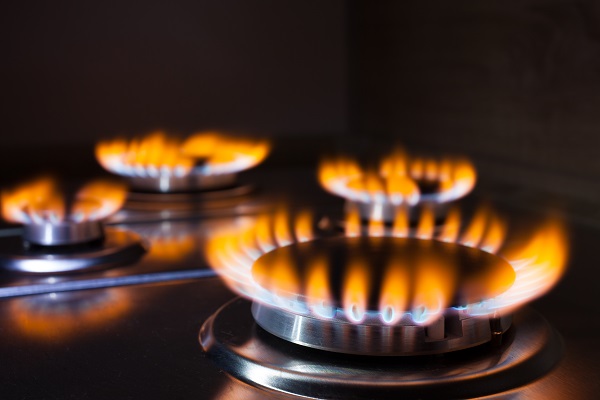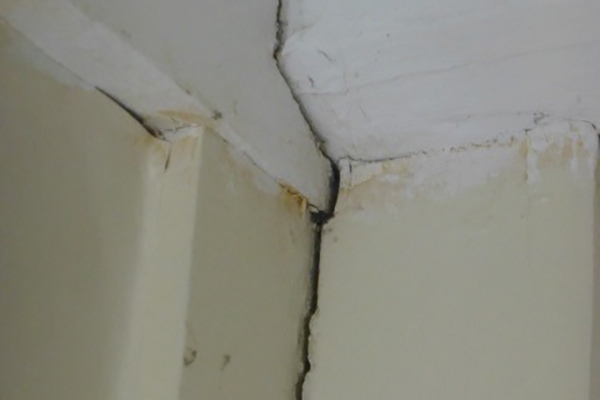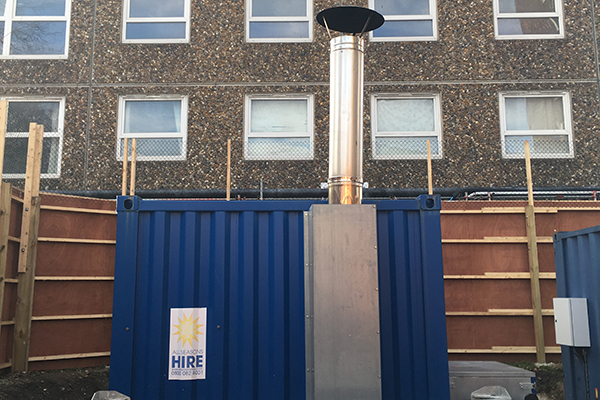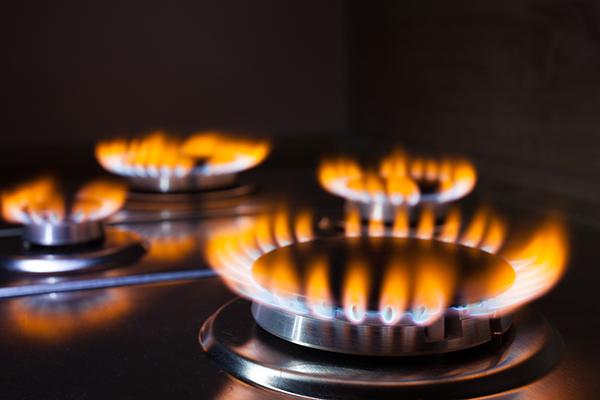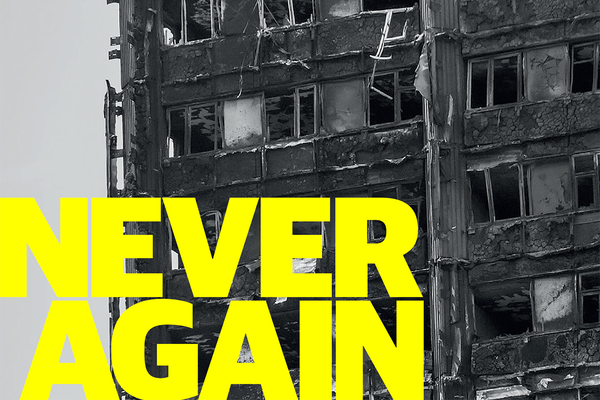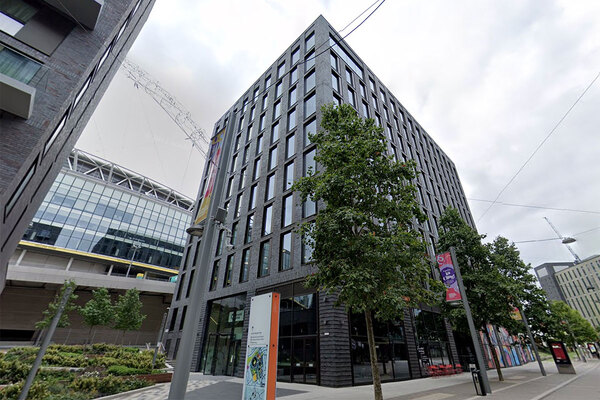Gas explosion at Ledbury blocks could cause ‘disproportionate collapse’
A gas explosion at the Ledbury Estate tower blocks could cause a “disproportionate collapse” similar to the Ronan Point disaster, an expert report has revealed.
The gas was switched off at the four tower blocks by landlord Southwark Council earlier this month after engineering consultancy Arup said they could not guarantee the safety of the blocks.
The council had previously said the blocks were safe despite concerns raised by fire safety experts Arnold Tarling and Sam Webb nearly a month before the gas was switched off.
Residents have had to take showers at the local leisure centre and cook their food on hot plates. They have been given the option of moving out of the blocks.
The council had mistakenly believed the blocks had been strengthened following the Ronan Point disaster – where four people were killed after a gas explosion caused a partial collapse of the block. Without strengthening, the blocks should not have had a gas supply, meaning residents were at risk for years.
The council commissioned Arup to carry out an urgent structural survey of two vacant flats in one of the blocks. The report published today stated: “In conclusion, based on the information available from the stage one investigations the building does not appear to be sufficiently robust to resist a gas explosion without incurring disproportionate collapse.”
It added: “These investigations showed that the flank walls and vertical (tension) ties between the floors and walls are not robust enough for buildings with piped gas.”
Arup concluded that if there was a gas explosion in one of the flat’s kitchens the walls would collapse and this would cause the floor above to collapse in turn. This is what happened at Ronan Point in 1968 when a gas explosion caused a partial collapse of the block.
The report stated: “There is a possibility that such a failure would propagate to the failure of additional elements, causing progressive collapse such as was the case at Ronan Point, but without a fuller understanding of the structural details it is not possible at this time to conclusively conclude the full extent of damage.”
The council’s strategic director of housing and community services announced her resignation earlier this week and will leave at the end of the year.
In an email to the chairs of tenants’ and residents’ associations in the borough, Gerri Scott said she had decided to “completely change my career path and will leave the council at the end of December”.
Peter John, leader of Southwark Council, said: “[Ms Scott’s] handling of the events of recent months since the Grenfell tragedy, challenging assumptions and reassuring residents, has been exemplary. Gerri is a huge asset to the council and I will miss her hugely. I, and my cabinet colleagues, wish her every success and happiness for this next chapter of her career.”
Southwark Council’s response to the Arup report
Stephanie Cryan, deputy leader and cabinet member for housing, said: “We are grateful to Arup for their detailed report, which will help us develop plans for the major works we have promised residents of the Ledbury towers. We know this is a worrying time, but this report expands on what we already knew and have communicated to residents – that the blocks should not have had a gas heating and hot water system installed in the 1960s without adequate strengthening work. Of course, as soon as we found this out on 11 August, we turned off the gas, so the risk has been removed, and we are continuing our investigations. The wider question remains why the blocks may not have been sufficiently strengthened when they were built in the late 1960s before the council took ownership in the 1980s, and whether other blocks elsewhere in the country are affected. With that in mind we met with the Department for Communities and Local Government this week, and have also now shared the Arup report with them. At a public meeting last week I apologised to our residents for the distress and inconvenience these issues have caused, and the council continues to offer every support we can while we resolve the issues on the Ledbury Estate.”
Never Again campaign
In the days following the Grenfell Tower fire on 14 June 2017, Inside Housing launched the Never Again campaign to call for immediate action to implement the learning from the Lakanal House fire, and a commitment to act – without delay – on learning from the Grenfell Tower tragedy as it becomes available.
One year on, we have extended the campaign asks in the light of information that has emerged since.
Here are our updated asks:
GOVERNMENT
- Act on the recommendations from Dame Judith Hackitt’s review of building regulations to tower blocks of 18m and higher. Commit to producing a timetable for implementation by autumn 2018, setting out how recommendations that don’t require legislative change can be taken forward without delay
- Follow through on commitments to fully ban combustible materials on high-rise buildings
- Unequivocally ban desktop studies
- Review recommendations and advice given to ministers after the Lakanal House fire and implement necessary changes
- Publish details of all tower blocks with dangerous cladding, insulation and/or external panels and commit to a timeline for remedial works. Provide necessary guidance to landlords to ensure that removal work can begin on all affected private and social residential blocks by the end of 2018. Complete quarterly follow-up checks to ensure that remedial work is completed to the required standard. Checks should not cease until all work is completed.
- Stand by the prime minister’s commitment to fully fund the removal of dangerous cladding
- Fund the retrofitting of sprinkler systems in all tower blocks across the UK (except where there are specific structural reasons not to do so)
- Explore options for requiring remedial works on affected private sector residential tower blocks
LOCAL GOVERNMENT
- Take immediate action to identify privately owned residential tower blocks so that cladding and external panels can be checked
LANDLORDS
- Publish details of the combinations of insulations and cladding materials for all high rise blocks
- Commit to ensuring that removal work begins on all blocks with dangerous materials by the end of 2018 upon receipt of guidance from government
- Publish current fire risk assessments for all high rise blocks (the Information Commissioner has required councils to publish and recommended that housing associations should do the same). Work with peers to share learning from assessments and improve and clarify the risk assessment model.
- Commit to renewing assessments annually and after major repair or cladding work is carried out. Ensure assessments consider the external features of blocks. Always use an appropriate, qualified expert to conduct assessments.
- Review and update evacuation policies and ‘stay put’ advice in the light of risk assessments, and communicate clearly to residents
- Adopt Dame Judith Hackitt’s recommended approach for listening to and addressing tenants’ concerns, with immediate effect
CURRENT SIGNATORIES:
- Chartered Institute of Housing
- G15
- National Federation of ALMOs
- National Housing Federation
- Placeshapers
